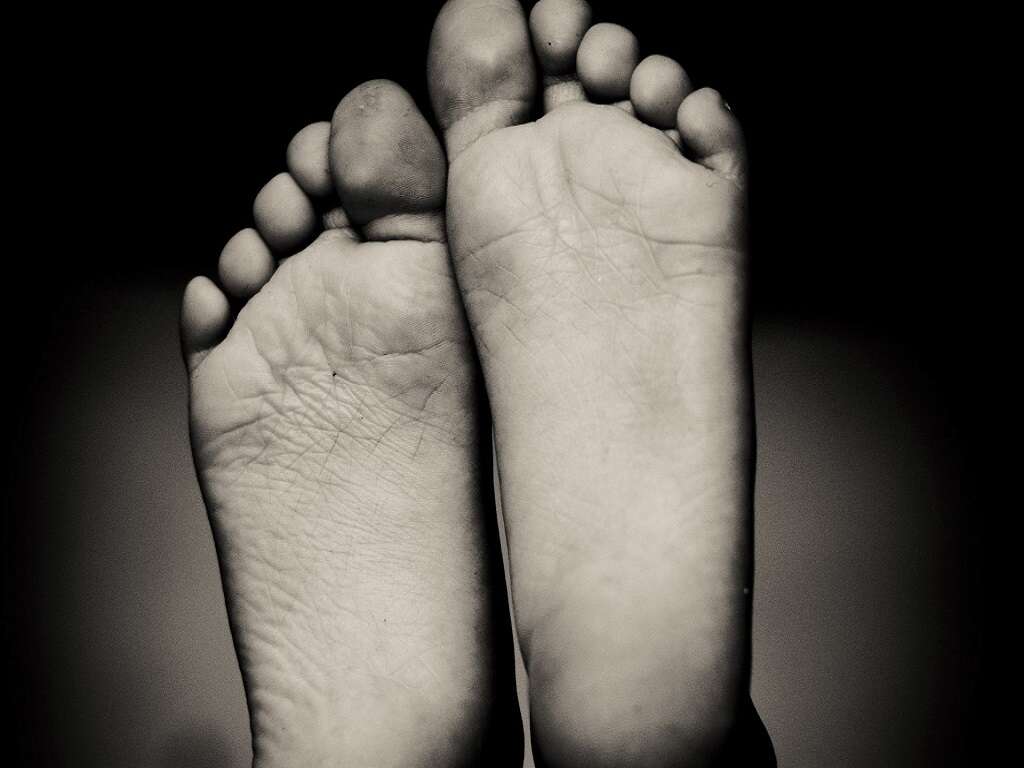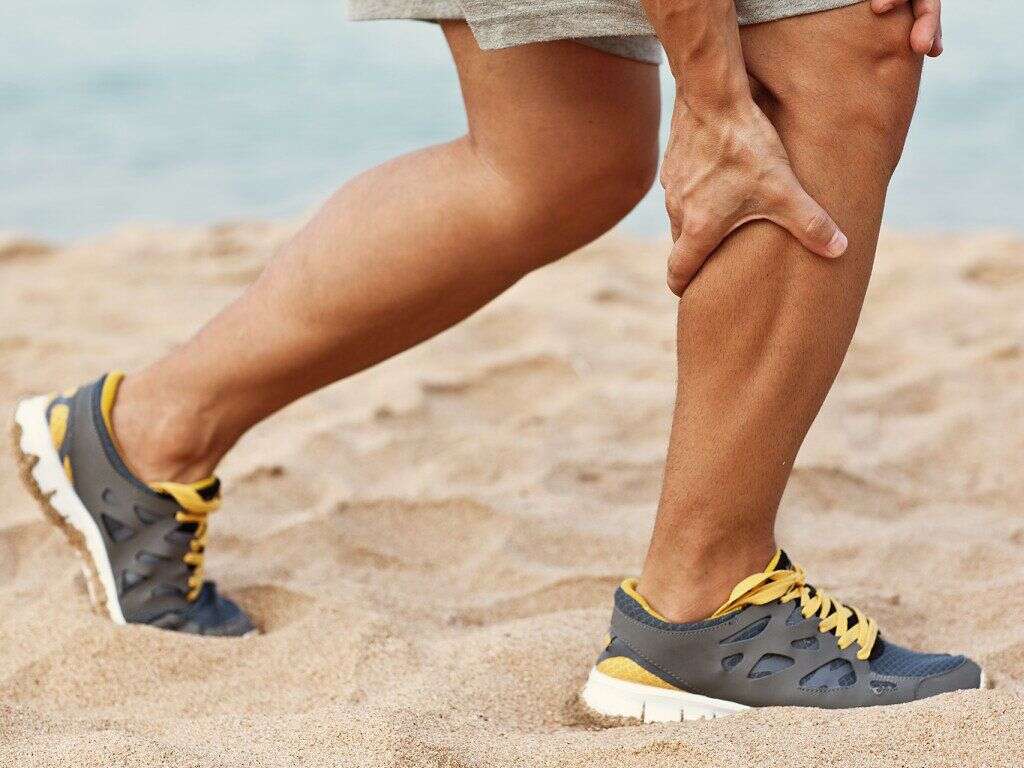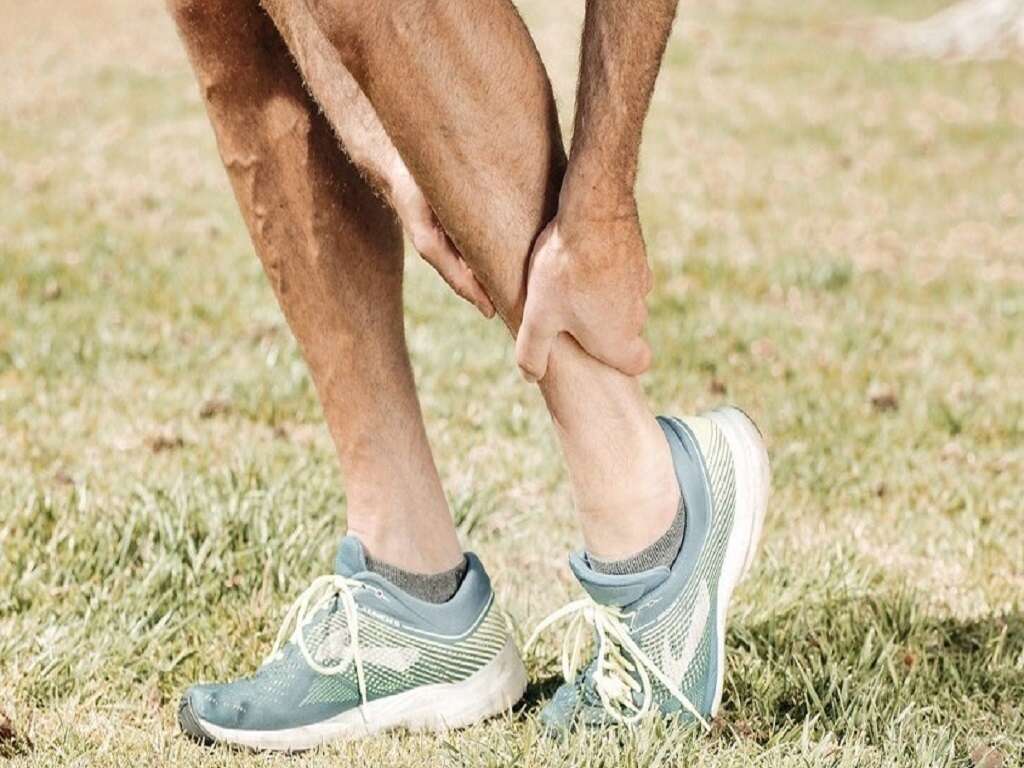All about Leg Cramps at Night
Many of us will have experienced cramps at some point. They are caused when one or more of our muscles tightens up. It is something that we have little to no control over and we are generally unable to relax it as we usually would. In some instances, cramps can be very painful for the patient.
Some people will experience cramps late at night and the experience is often enough to keep them awake. Not only can this be uncomfortable when they are taking place, but the patient will often feel tired the following day due to a lack of sleep.

1. Exertion
One of the most common reasons for cramps is exercise. It can be too easy to overwork our muscles to try and get the best results and this can result in cramps and other unwelcome symptoms. Cramps most often occur in people who are not in particularly great shape and take up exercising, or significantly increase their workload.
If you are considering taking up an exercise regime then you should be sure not to overdo it to begin with. If you can afford to, consider hiring a personal trainer because they can help you to get the most from your workouts.
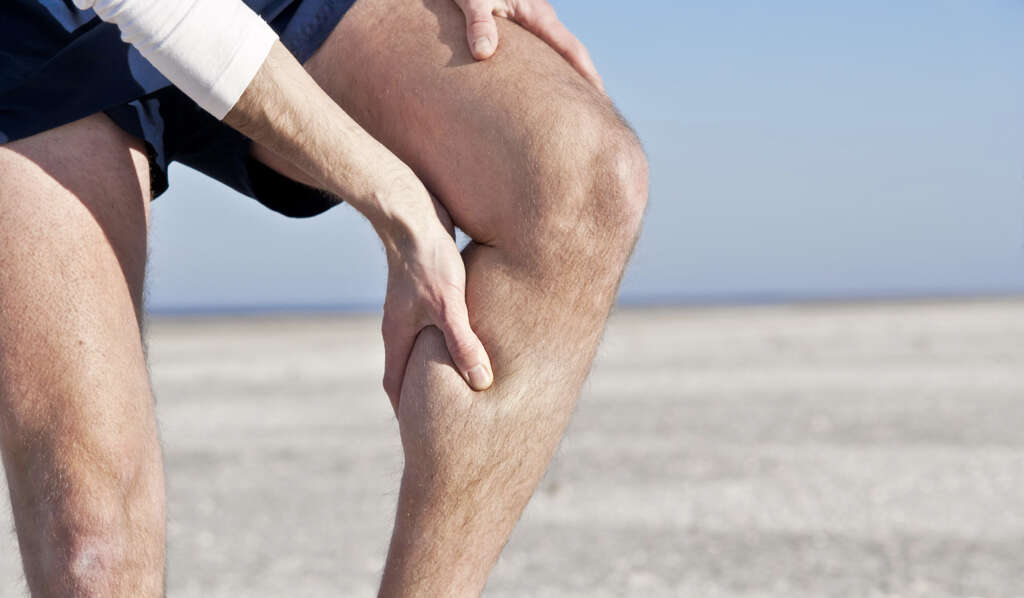
2. Prolonged Standing
Some jobs, such as shop assistants, involve having to stand around for long periods. This can get quite tiring and many people working in shops are just dying for the opportunity to take a seat and rest their legs. It can also lead to problems even when they are back home long after their shift has ended.
If you do need to stand around a lot in the daytime for any reason, then it may well lead to cramps at night. It can be difficult to avoid the standing, depending on the job, but you should at least try to stretch your legs when you get a chance.

3. Short Tendons
Our tendons are a very important part of our anatomy because they attach our muscles to our bones and adequate flexibility of the tendons help to ensure that we are mobile. They act almost like cables, pulling on other parts of our body when we contract a muscle. They are made of strong materials that allow them to take the strain, but we can develop problems with our tendons.
Some people will find that their tendons become shorter over time and this will cause the muscles to pull more on other parts of the body. This can result in a variety of unwelcome symptoms, and cramps at night is one of them.

4. Nerve Activity
Our nerves are essential for us because they allow messages to be sent from one part of the body to another. They allow us to feel the world around us and they also send messages that allow our brain to send commands to our muscles.
The nervous system is complex and expansive and there is a lot that can go wrong with it. Abnormal nerve activity can lead to commands being sent to the muscle to tell them to contract. There are numerous reasons why this might be and it will often take a specialist to get to the bottom of the problem.

5. Sitting Position
Many of us will spend a lot of the time sitting down, especially those of us who work in offices. Sitting may not seem like it is physical demanding but in actuality it is considered to be a cause of “repetitive injuries”. Prolonged sitting in one posture can cause aches and pains especially if that posture is poor.
Sit in the wrong position for too long and you might end up getting cramps at night. Sitting can perpetuate back problems which can lead to muscle cramping. Also, sitting in certain positions can cause a shortening of muscles and tendons which can also lead to muscle cramps. If you do spend a lot of time sitting then you should try and stand and stretch your legs as much as you can.

6. Diabetes
Sugar is very common and found in most of the foods that we eat. In addition to processed white sugar, you will also find very natural sugars in fruits and vegetables. It helps to make our food taste sweeter and, thus, more enjoyable to eat. Not everybody is able to enjoy sugar, however.
Some people have a condition known as diabetes and this condition means that they cannot manage the amount of sugar flowing through their blood. This can lead to various problems which then may lead to leg cramps at night. It is important for diabetics to control their sugar intake to avoid complications of diabetes.

7. Medication
Medications are, for the large part, very useful to us. They can help relieve nasty symptoms, they can help us recover from disease, and they can even help to save our lives. As valuable as they can be for us, however, they can sometimes come with some unwanted side effects.
If you are using statins and you are experiencing leg cramps at night then the drugs may well be the cause of the problem. Some diuretics might also be the cause of the condition. If you do see a doctor about leg cramps then make sure to let them know which drugs you are using, if any.

8. Massaging
If leg cramps at night are bothering you then one way to overcome the problem is to massage the affected muscle. An effective massage will help to loosen the muscles to help them relax again. This is something that you can do on yourself, although you could also ask somebody else to do it for you.
Using oils and other massage lotions may help further. You can also try buying massage machines that will make it easier for you to massage the affected muscle. A professional masseuse could also be very beneficial for you, although this is unlikely to be of much use in the evenings.
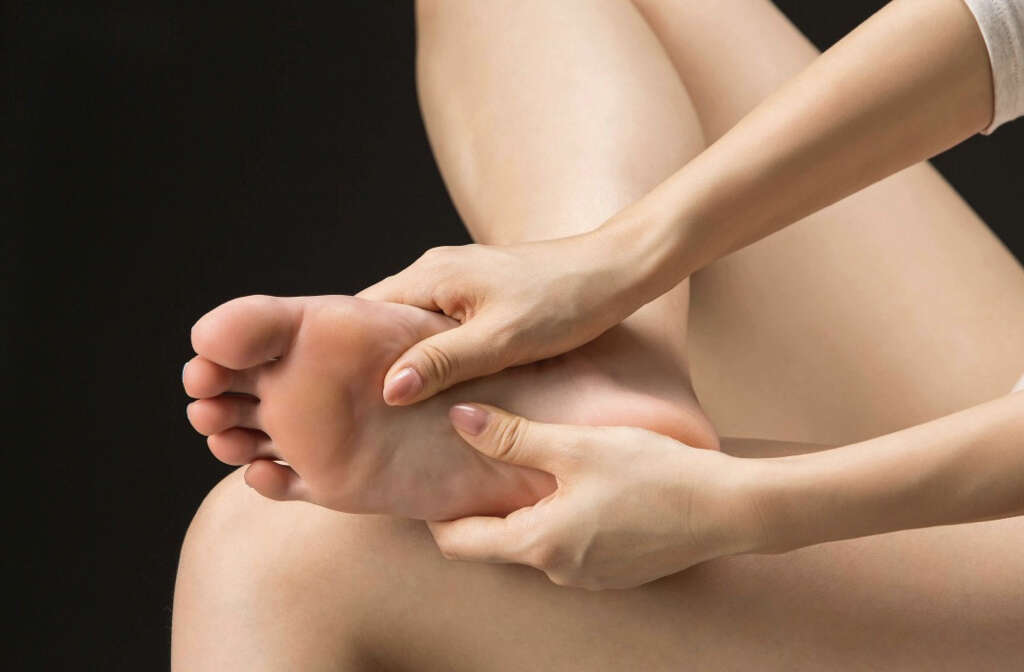
9. Apply Heat
Another thing you can do to try and help relieve your cramps is to apply heat to the affected muscle because this will often help them to relax. This is quite easy to do and all that you will need is a hot water bottle wrapped in a towel or similar, and even a hot towel on its own might do the job.
Have a look in a nearby pharmacy and they may sell heating pads that are specially made for the job. Another option is to take a warm bath until the affected muscle relaxes. Creams like Counterpain and similar may also be able to help.
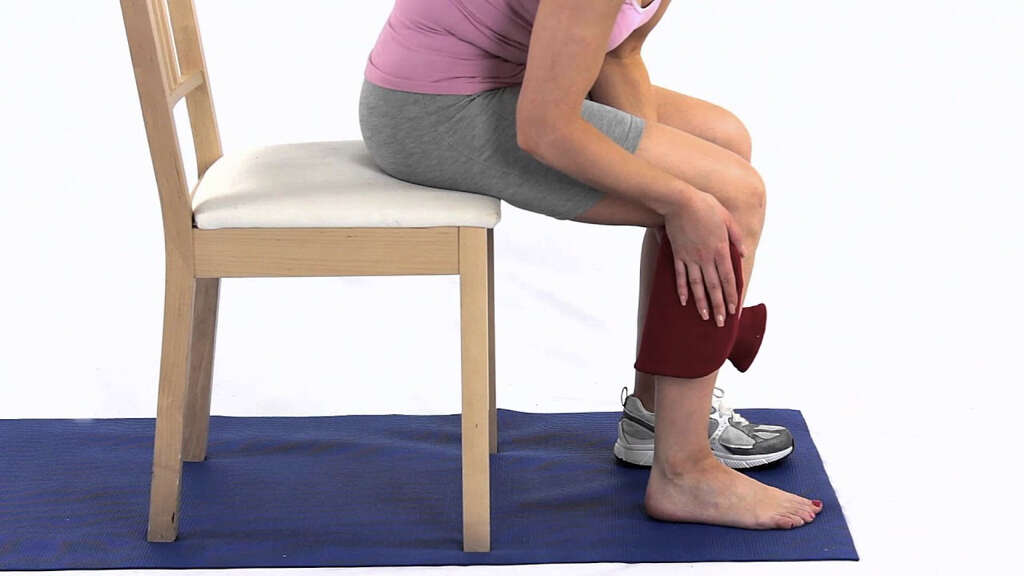
10. Painkillers
In some instances, you might need to turn to painkillers to help relieve you of the discomfort. An over-the-counter product such as ibuprofen or Tylenol is often all that is needed to help and make you feel comfortable.
If this does not work then you can try speaking with your doctor instead. It is not likely that they will prescribe strong, addictive drugs like opioids for leg cramps. They may, however, try to figure out exactly why the leg cramps are occurring and use that as a starting point for treatment. It may be as simple as increased water or electrolyte intake or as complicated as treating a neurological disorder with medications.








